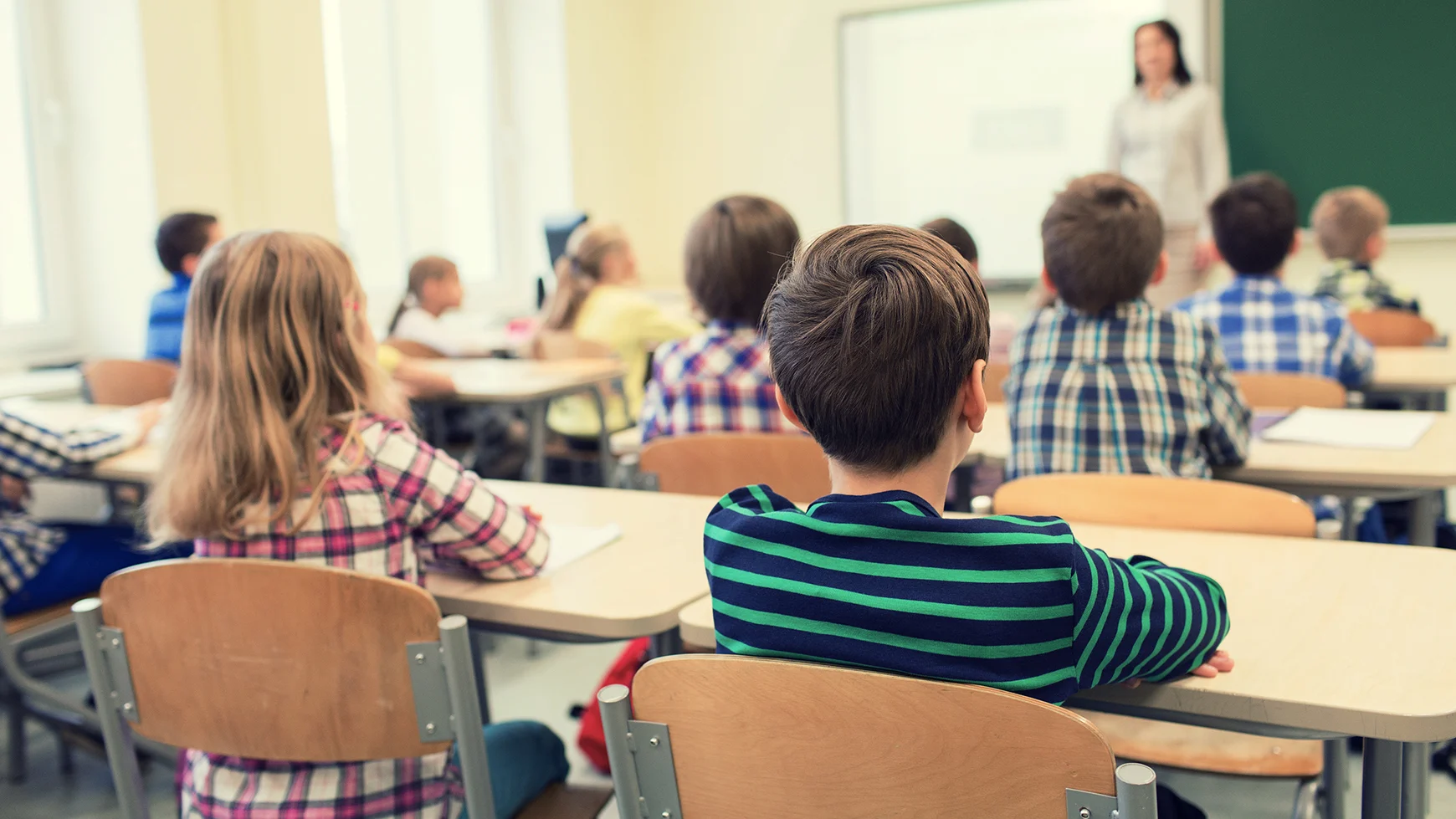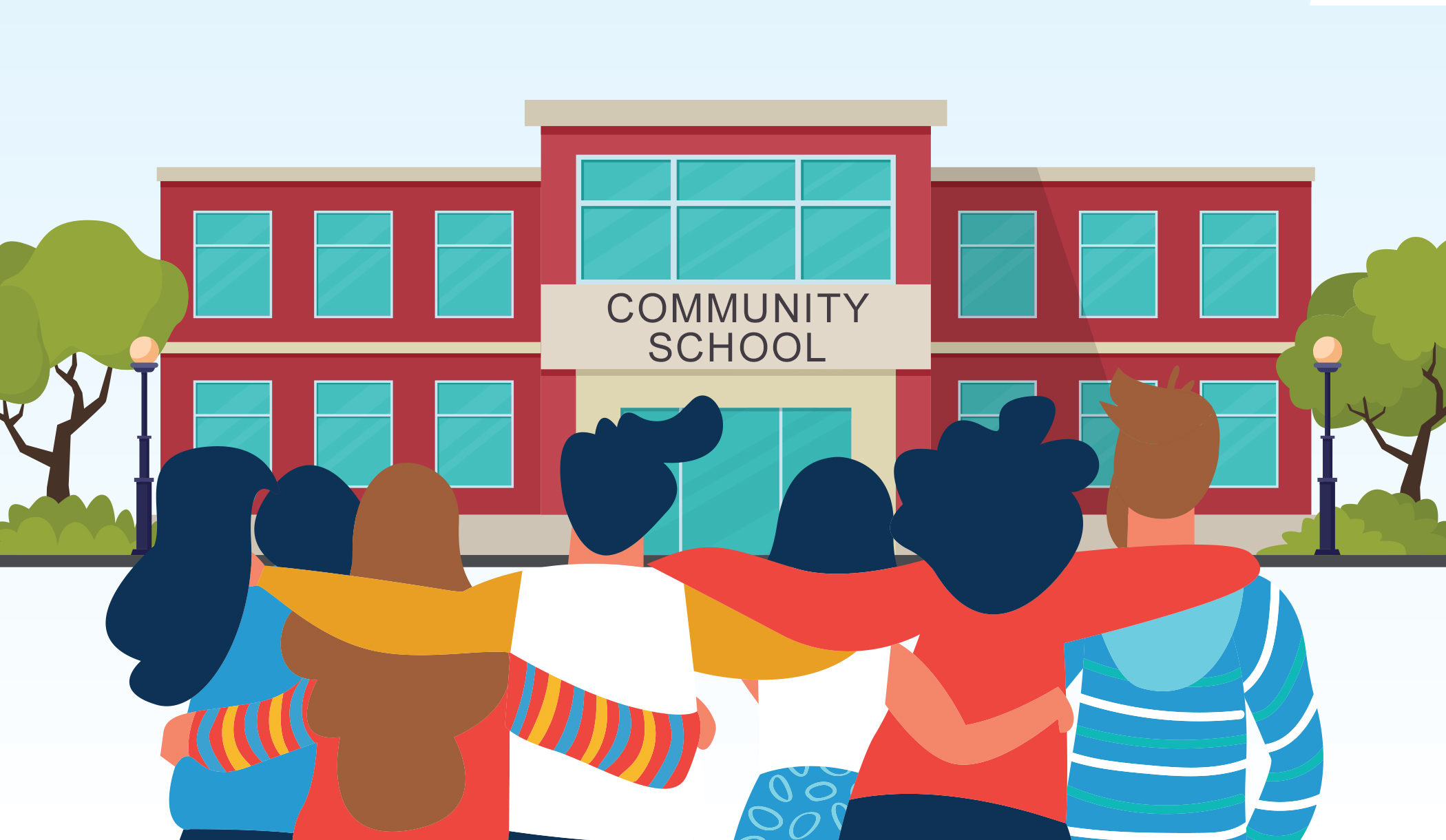The Relevance of Neighborhood Support to Save Temecula Schools Today
The Relevance of Neighborhood Support to Save Temecula Schools Today
Blog Article
Comprehending the Value of Colleges in Kid Development and Area Growth
Schools serve as critical organizations for child advancement and community development, providing atmospheres where academic success are enhanced by the cultivation of social skills and direct exposure to varied point of views. These educational settings not just advertise essential reasoning and efficient communication yet likewise foster empathy via collaborative jobs. Additionally, institutions' involvement with local neighborhoods through service-learning efforts enhances the bond between households and schools. This cooperative connection underscores the importance of colleges in supporting energetic citizenship and long-lasting understanding practices. However, what are the particular devices by which these establishments attain such profound impacts?
Academic Achievement
Academic achievement serves as a keystone of youngster development, supplying the structure whereupon future knowing and success are developed. Colleges play a critical function in promoting this academic growth, supplying organized environments where youngsters can get crucial understanding and cognitive abilities. Standard curricula make sure that pupils gain effectiveness in core subjects such as maths, science, and language arts, which are important for both greater education and professional opportunities.
In addition to presenting basic academic skills, colleges also grow essential thinking, analytic capabilities, and intellectual interest. These cognitive proficiencies are important for browsing complicated real-world scenarios and adjusting to the ever-evolving needs of the modern-day work environment. Educators, as facilitators of understanding, use diverse pedagogical methods to provide to different understanding designs, consequently taking full advantage of specific trainee capacity.
Additionally, scholastic success is carefully linked to self-esteem and motivation. Kids who experience scholastic success are much more most likely to create a favorable self-concept and a long-lasting passion for discovering. Institutions additionally use numerous resources, such as libraries and modern technology, which even more boost the academic experience and prepare trainees for a technologically sophisticated society.
Social Skill Growth
Beyond scholastic success, the duty of institutions in social skill growth is crucial. Schools function as a main place for children to discover and exercise necessary social skills such as dispute, participation, and interaction resolution. In the organized setting of a classroom, students engage with peers, instructors, and other institution personnel, supplying various possibilities to create these important capacities.
Efficient social ability development in institutions is facilitated through group tasks, joint jobs, and extracurricular programs. These interactions help pupils comprehend social norms, construct empathy, and cultivate a sense of neighborhood. As an example, group jobs instruct pupils how to work with each other towards an usual objective, pay attention to various point of views, and navigate disagreements constructively.

The cultivation of social skills throughout academic year lays a foundation for future personal and specialist connections. Save Temecula Schools. As students grow, the capacity to efficiently interact and team up comes to be significantly important, highlighting the institution's crucial function in holistic youngster development
Exposure to Variety
Direct exposure to diversity in colleges is essential to fostering a comprehensive frame of mind and broadening pupils' viewpoints. Schools work as a microcosm of the wider society, and encountering varied cultures, languages, and socioeconomic backgrounds within this environment outfits trainees with vital skills for navigating a significantly globalized world. This exposure motivates empathy, reduces prejudices, and advertises mutual regard amongst peers.
Research study suggests that trainees that engage with peers from varied histories show better problem-solving skills and imagination. This understanding of diversity prepares recommended you read students for future workplaces that value multicultural skills - Save Temecula Schools.

Area Involvement
The benefits of diverse classrooms extend beyond the institution walls, fostering a solid feeling of area engagement among trainees. By interacting with peers from different cultural, socioeconomic, and ethnic histories, trainees acquire a broader perspective and a recognition for diversity. This direct exposure encourages them to become energetic citizens that are eager to contribute favorably to their neighborhoods.
Institutions that highlight area engagement usually integrate service-learning tasks, which permit trainees to deal with real-world problems while applying academic skills. These tasks not just improve pupils' understanding of their coursework however likewise infuse a feeling of responsibility and empathy. In addition, collaborations in between colleges and local companies give trainees with possibilities to participate in community events, better strengthening their role as positive area participants.
In addition, adult and area involvement in schools strengthens the bond between academic institutions and the neighborhoods they serve. With these initiatives, colleges play a critical function in nurturing neighborhood interaction and cultivating societal growth.
Lifelong Learning Practices
Developing lifelong knowing practices is important for a kid's continuous development and versatility in an ever-changing world. Institutions play a pivotal role in instilling these Continued routines by creating a setting that promotes inquisitiveness, essential reasoning, and a love for understanding. Via varied educational programs and after-school activities, instructors encourage students to explore numerous subjects, assess info seriously, and apply their learning to real-world circumstances.

Furthermore, colleges give a structured atmosphere where children can create self-control and time administration skills, both of which are crucial for continual knowing. By stressing the significance of establishing objectives, assessing progress, and adapting strategies, schools prepare trainees to browse the complexities of adult life, ensuring they continue to be long-lasting learners and contributors to culture.
Conclusion
In conclusion, colleges are essential in promoting child advancement and neighborhood growth by giving atmospheres conducive to academic achievement, social skill development, and direct exposure to diversity. Eventually, colleges cultivate lifelong learning practices, furnishing people with the necessary expertise and skills to contribute positively to society.
In the organized setting of a classroom, pupils interact with peers, teachers, and other college staff, supplying various opportunities to create these essential capabilities.
In essence, direct exposure to variety within schools not only improves individual trainees but likewise reinforces the social material of the area as a whole.
The benefits of diverse classrooms expand past the school wall surfaces, promoting a strong feeling of neighborhood involvement amongst trainees.Institutions that highlight neighborhood interaction often include service-learning projects, which permit students to resolve real-world problems while applying scholastic skills. Partnerships in between colleges and regional companies give pupils with possibilities to participate in area events, even more solidifying their function as aggressive community participants.
Report this page